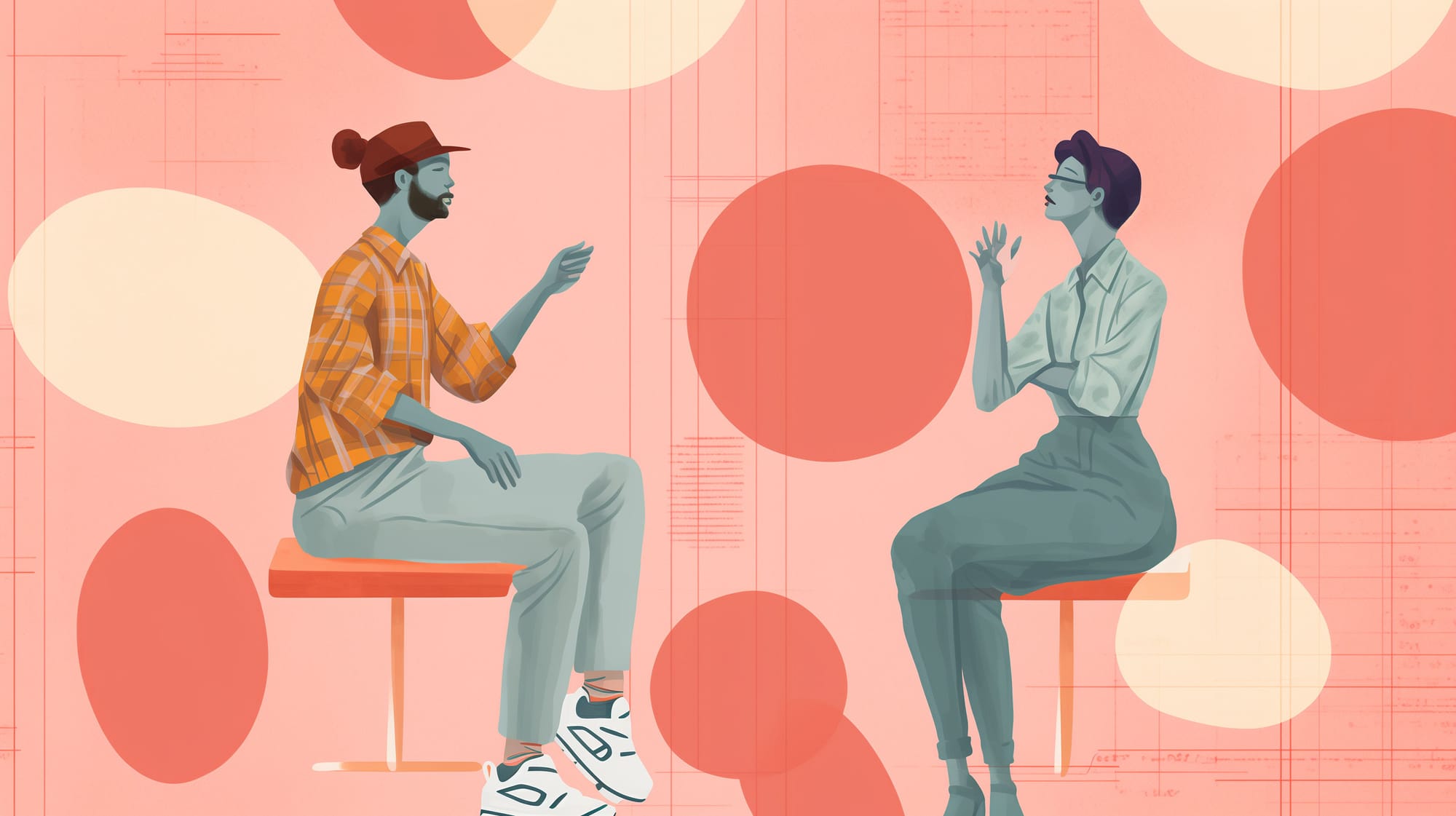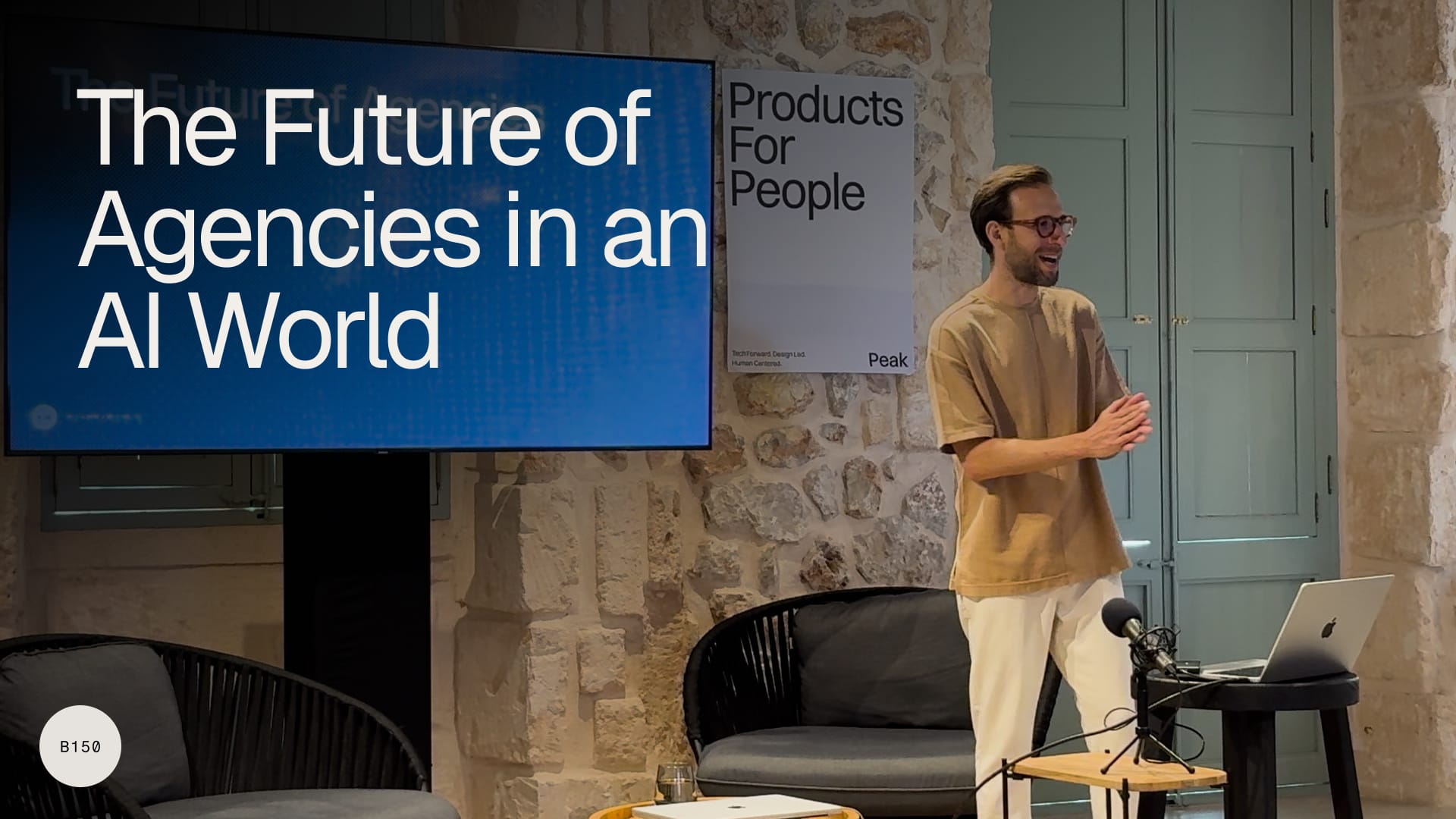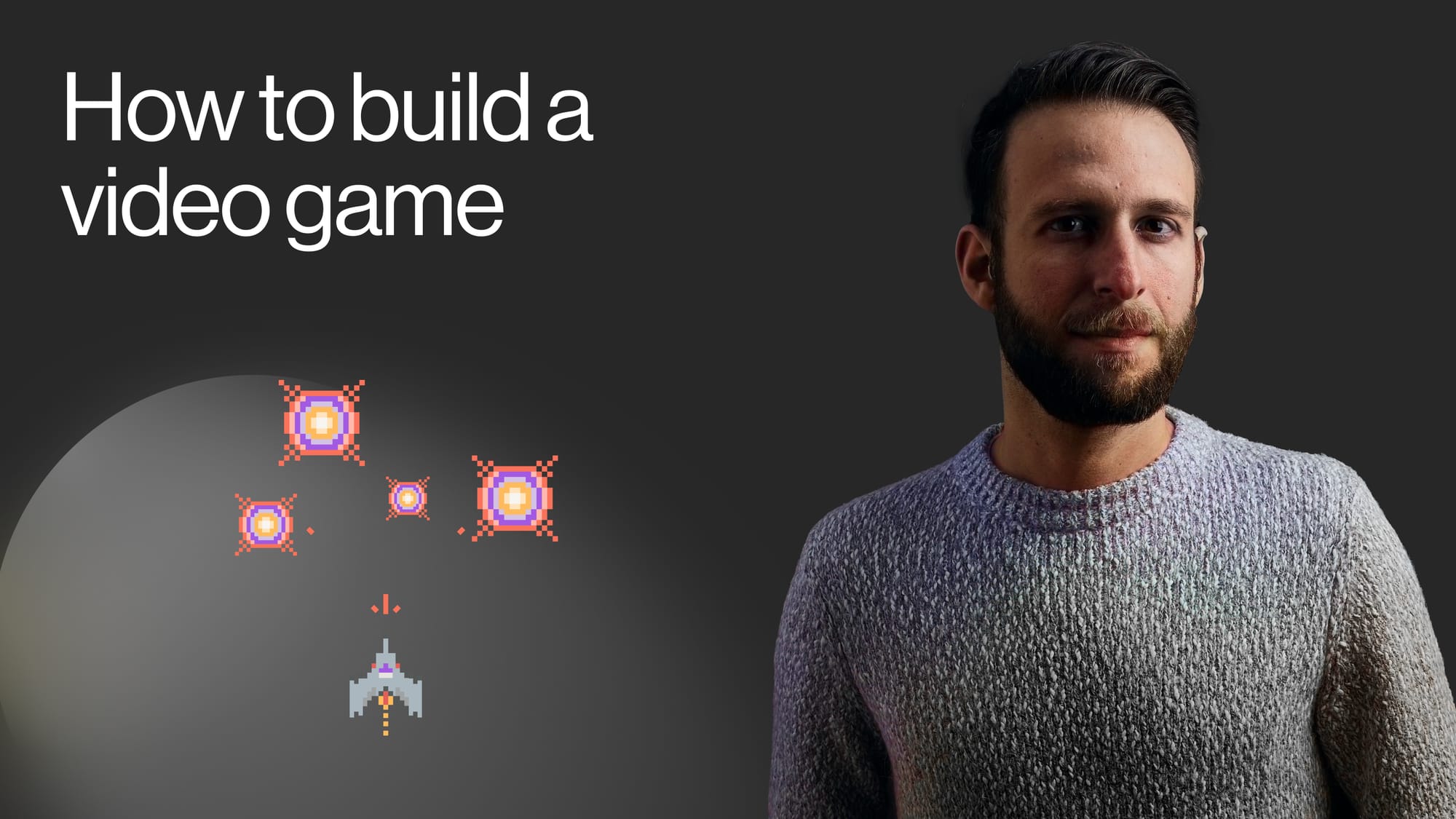Key Questions UX Professionals Should Ask in an Interview
Discover key questions to ask in an interview and tips for a standout conversation. Ensure you're seen as the perfect candidate.

We've all been there: You're in the first or second round of interviews, and with only 10–15 minutes left, the hiring manager asks: "Do you have any questions for me?" If you haven't prepared beforehand, you might ask questions that send the wrong message—or freeze altogether.
A UX interview isn't just a chance for the hiring manager to grill you—it's your opportunity to sniff out whether a UX role would be as great for you as you would be for the position. That's why it's vital to be prepared and ask thoughtful questions of your own to show that you're interested and the right person for the job.
In this article, we'll discuss some of the best questions to consider asking in your next UX interview and offer some tips for having an informative conversation.
Questions About the Role
You’ll want to understand how this role will fit into the company, who you would work with, and how you would be evaluated. When asking questions about the position, it's helpful to speak in a way that causes the interviewer to picture you in the role already. Focus on a few key questions from this section to have at the ready.
- Why is this position open, or why did you create it?
- Who was in the role before this and why did they leave?
- Why are you excited about hiring a new person for this role?
- How many projects is a (UX designer/writer/researcher etc.) responsible for at one time?
- What are the problems you want me to solve for the company in the next year?
- (If they are a startup) What kind of runway does the company currently have?
- What are the biggest challenges I would face in this role?
- What would a typical day or week look like for me in this role?
- Can you give me examples of projects I'd be working on in this position?
- What would make me successful in this role in the first 90 days?
- What metrics or goals will I be evaluated on in this role?
- Do you expect the primary responsibilities for this position to change in the next six months to a year?
Questions About the Company
Before any interview, you should have at least some basic knowledge about the company. These questions will signal to an interviewer that you're interested in the organization's future and goals and will give you insight into how to be part of that.
- How does the role of a (UX designer/writer/researcher etc.) fit into your organization?
- What are the current goals that the company is focused on, and how does this team's work support those goals?
- What can you tell me about the company's plans for growth over the next few years?
- What gets you most excited about the future of (Company Name)?
- What are the company's most important values? (Tip: Only ask this question if the organization’s values are unclear on the company's website or you’re unable to find them with a quick Google search.)
"Ask questions about the job and company, who are they looking for, what's the goal for this position, and what they expect a person to be doing for the next year or two. Something that signals that you're interested in the company and position." — Robert Mayer, Sr. Product Designer at Netflix, Judge at Awwwards
Questions About Career Growth Opportunity
With any UX role you decide to take, it's good to go into the job knowing that you have a path forward, and what resources will be available to you at the organization to grow in your career. Understanding these questions before accepting a position will help you understand how much they value their employees’ personal and professional growth.
- What is the typical career path for a (UX designer/writer/researcher etc.)?
- What learning or mentoring opportunities will I have in this role?
- What is the performance review process like here? How often would I be formally reviewed?
- How does the team I'll be part of continue to grow their skill set?
Questions About the Interviewer
The interview is a conversation, not a Q&A session. Be sure to show interest in your interviewer as a human. They might end up being a colleague or boss, so you want to set the tone for the relationship. If you can, jot down a few notes from their answers so you can keep this conversation in mind the next time you talk.
- You seem passionate about this place. What makes you (direct at the hiring manager) want work here everyday?
- How long have you been at the company, and how has it changed?
- What part of your job or projects are you most excited about over the next few months?
- What's one challenge you occasionally or regularly face in your job?
Questions About the Team
Asking thoughtful questions about the team you'll be joining is a great way to demonstrate that you're a great collaborator and care about team dynamics. These questions will also give you insight into how mature the organization's UX program might be, how it's structured, and how many hats you would potentially wear.
- Can you tell me about the teams and stakeholders I'll work with day-to-day?
- What's the team structure? Who does the UX manager (or team) report to?
- How did the team's last project go?
- What is the team's design process? Is the product design culture user-led or product-led?
- What types of skills is the team missing that you're looking to fill with a new hire?
- What are the team's biggest strengths and challenges?
- Do you expect to hire more people in this department in the next six months?
"It's unlikely any candidate is ever told their role isn't mission critical, so look at the breakdown of the current team. If there are twice as many product designers as visual designers, and only one researcher, you may be able to presume Product Design > Visual Design > Research." — Ryan Scott, Design Lead @ Airbnb
Questions About Culture
The conversation about company culture is essential. Culture can mean the difference between a great experience within an organization and a bad one. These questions will give you insight into what the day-to-day is like beyond the projects you'll be working on.
- How does your company maintain work-life balance?
- How would you describe the work environment here—is the work typically more collaborative or independent?
- How does the team form and maintain strong bonds?
- What is the typical leadership style here?
- What's your favorite office tradition?
- What's different about working here than anywhere else you've worked?
- How does the company ensure remote and hybrid employees have the same opportunities as in-office employees?
Closing Questions
At the end of the interview, you'll want to know what to expect next in the process, but also find out if there's anything you may have missed or need to clarify for your interviewer.
- Is there anything else I can provide you with that would be helpful?
- What question marks do you have about my candidacy that I can help address? It’s ok to be honest.
- What am I not asking you that I should?
- What are the next steps in the interview process?
Some Things to Keep in Mind
Ask questions that demonstrate your interest.
When you're interviewing for a UX role, it's important to remember that the interview is a two-way street. The potential employer is not only interviewing you, but you are also interviewing them. This is your opportunity to determine if the role and the company are a good fit for you. By asking good, thoughtful questions, you show that you are interested in the position and actively listening and engaging in the conversation.
Be mindful of who you're speaking with and your stage in the interview process.
To move the conversation forward, keep your interviewer's role in mind and where you are in the interview process. For example, early on, you'll want to focus on questions that will help you better understand the company, its long-term goals and culture, and the UX role you're applying for to ensure it's a good fit. Once you're further along in the process and speaking to someone who will be your direct supervisor, it's more important to ask questions that will help you understand their management style and overall team dynamics.
Avoid yes or no questions.
As any UX researcher will tell you, when interviewing users, yes or no questions will lead to short, unenlightening answers with little room for exploration. Treat your UX interview how you like a user interview, and ask open-ended questions that will encourage a more detailed response.
Ask questions based on your conversation.
It's important to ask questions based on what you've learned from your conversation or conversations so far. It's great to have prepared questions, but the exchange will feel much more natural if your questions sound like a response to the discussion. By asking questions based on the conversation, you'll better understand what it would be like to work with this person and at this company.
Pay attention to tone and body language.
Remember to listen carefully to the answer you receive and the body language and tone with which it's delivered. In many cases, the delivery is more important than the answer itself. Non-verbal cues given by an interviewer can tell you a lot about how someone really feels about something and whether you should continue the line of questioning or move on.
Don't stump the interviewer.
You want to ask questions that will elicit useful information from the interviewer. Asking about things they can’t answer won't do you any good and may leave them questioning if you're the right candidate. Don't ask your potential boss about specific benefits unless it comes up as part of a negotiation—those questions are best left to a conversation with HR. Some examples include:
- Can you tell me about your health insurance?
- What are your paid leave policies?
- When does PTO kick in?
And finally, don't ask about salary too soon.
Asking about a salary during a UX interview can give the impression that you're not really interested in the job. If you're more focused on the money than on the actual work, it's unlikely that you'll be happy in the role. Other factors to consider in addition to compensation are company culture, growth opportunities, and work/life balance. So when you're in an interview, focus on those things first and leave salary discussions for later on.
Again, the worst thing you could do at the end of an interview is say that you have no questions. You want to leave a UX interview on a positive note and stick out in the interviewer's mind as an engaged and inquisitive candidate who wants to know more about the company and role holistically. Also, don’t forget to send a thank you email immediately after to restate why you're the best fit for the job. Mention specific conversation points from your discussion to demonstrate the value of the conversation you had with the interviewer.
Armed with these tips and questions, you can be confident you'll get the information needed to help you make better decisions throughout the interview process. If you want to learn more about how Academy works with our talent network to help them fine-tune their interview skills, feel free to contact us or apply to join our talent network.





